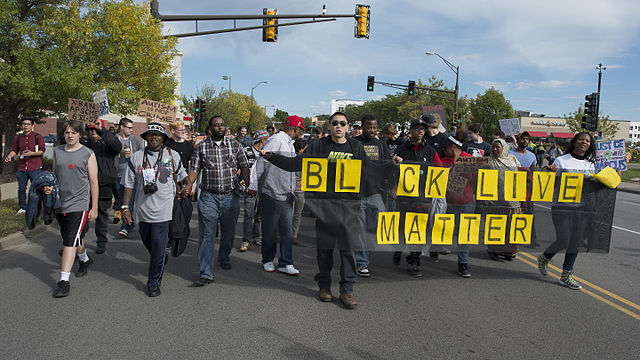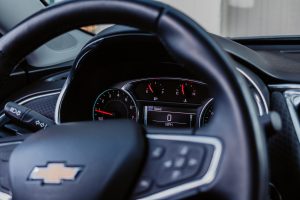Why do protesters block traffic? Let’s say you find yourself stuck behind a blockade on your commute. Maybe you lay on your horn as you ask yourself the above question. Irritating people seems like a bad way to win them over to your cause, right?
But actually, stopping traffic is a pretty time-tested protesting tactic. Many of the incidences we see now have roots in revolutionary history. Martin Luther King Jr. did, in fact, disrupt traffic during his march from Selma to Montgomery. Suffragettes were arrested for “blocking traffic” when they protested outside the White House fence. Yes, it’s inconvenient. But that’s intentional.
Protesters Block Traffic to Get Your Attention
Recently, the Louisville Police Department arrested 33 people on the Clark Memorial Bridge. Tow trucks had to remove a total of 19 vehicles activists used to stop traffic flow. Indiana authorities contacted the Louisville department sometime around 11 AM. The bridge did not reopen until 3 PM.
This complicated the afternoon of many commuters. And drivers may have asked themselves “why am I being punished? I didn’t have anything to do with this.” It might be annoying to be delayed like that. But that’s the point. It got your attention. Protests aren’t supposed to be convenient. Often times, when things are easy, we leave them be. Activists are looking for a change.
Stopping traffic is technically illegal. Henry David Thoreau famously coined the term “civil disobedience” to describe such acts. The truth of it is, though: discomfort sparks change. Often we are most motivated to do things differently when the status quo no longer works in our favor. And much of today’s media seeks out conflict when reporting. So politely asking your city and state representatives for change? It may not garner quite as much attention as shutting down a bridge.



